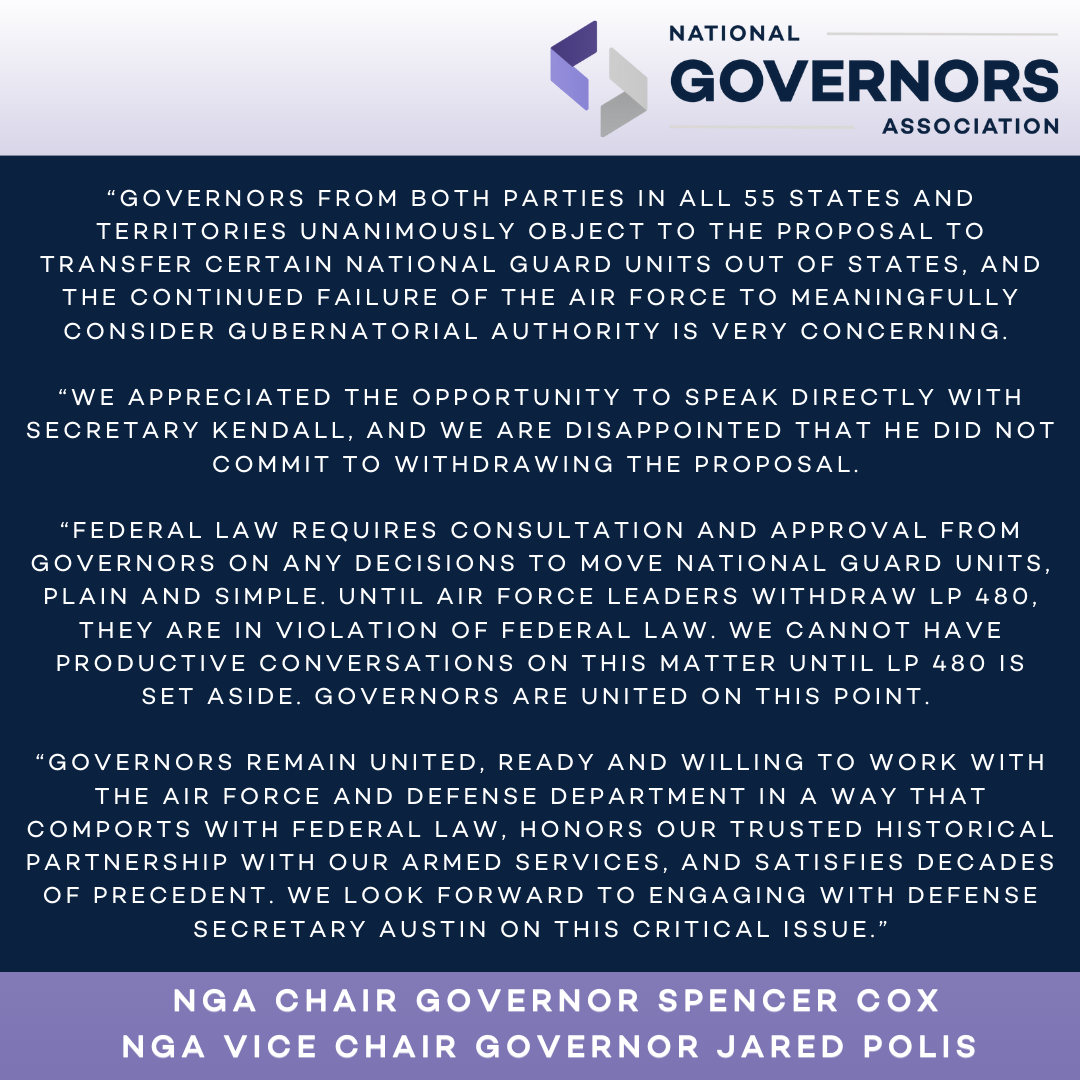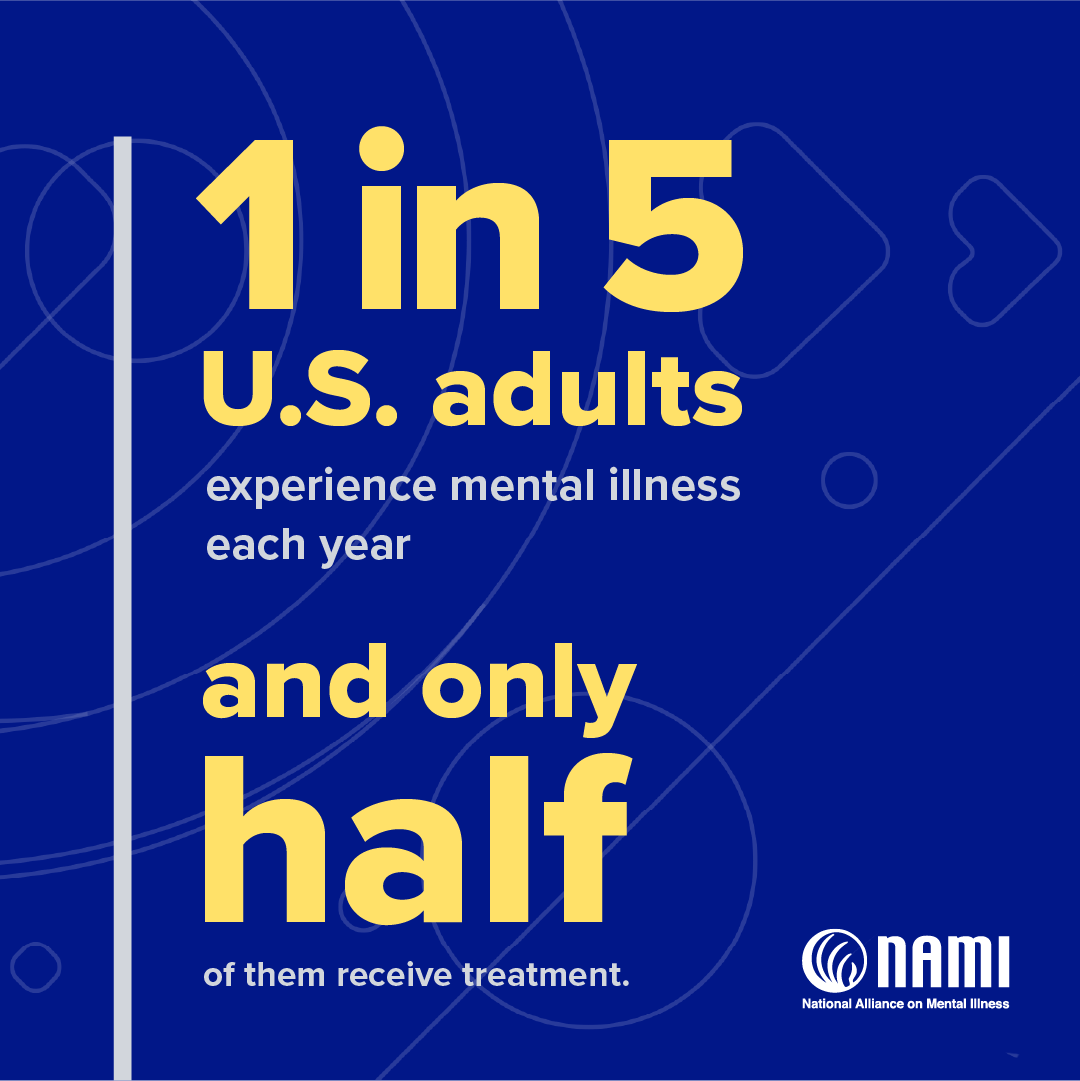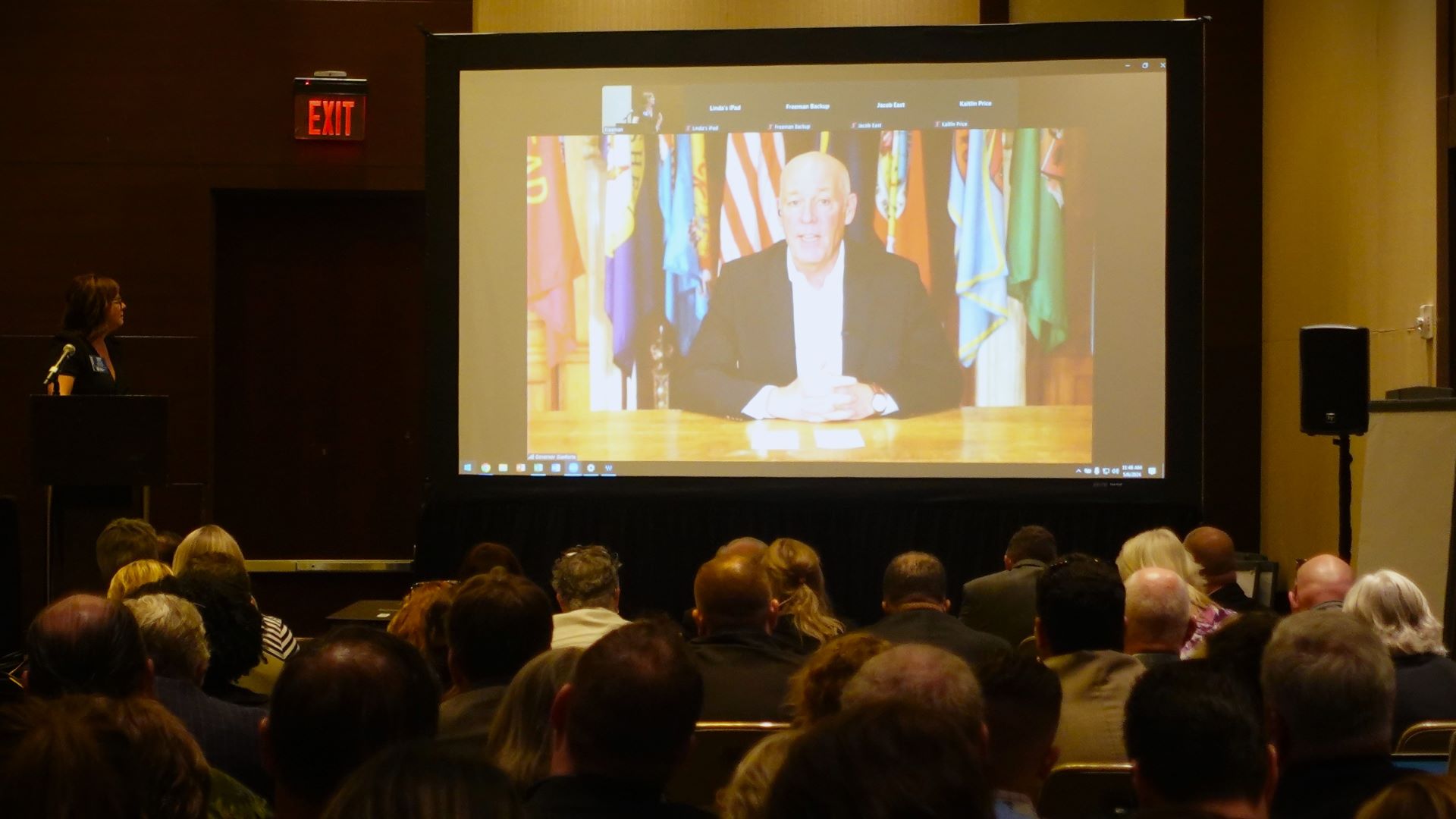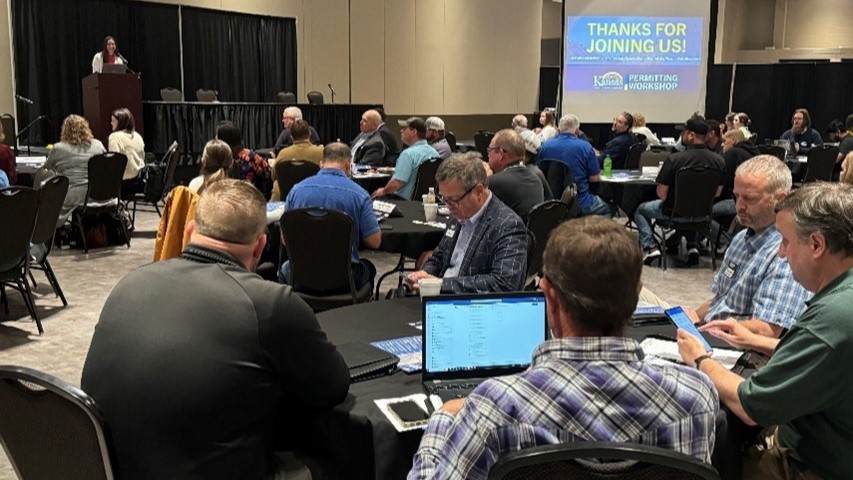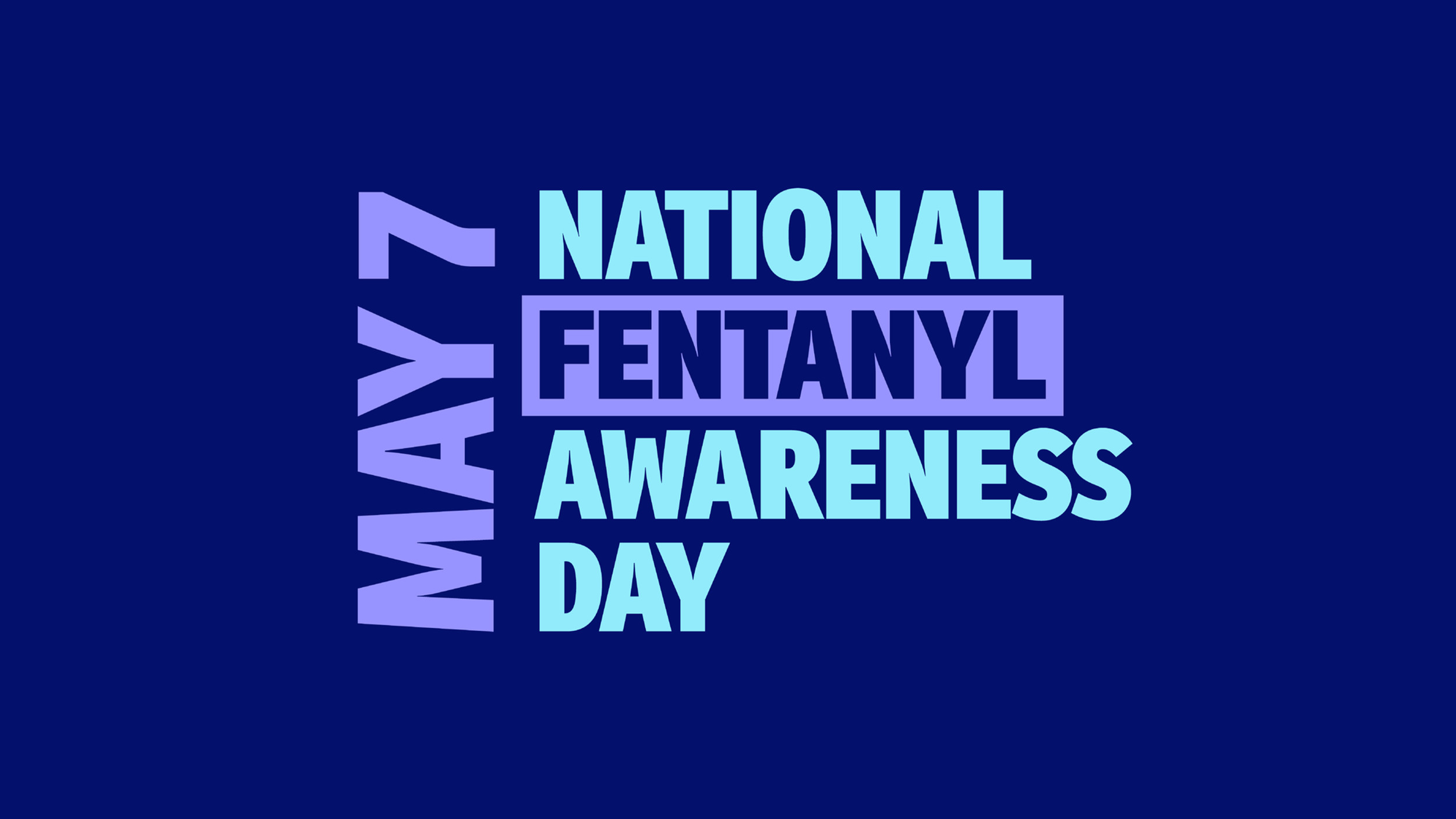The Honorable Patty Murray
Chair
Senate Committee on Appropriations
Capitol Building S-146A
Washington, D.C. 20510
The Honorable Susan Collins
Vice Chair
Senate Committee on Appropriations
Capitol Building S-128
Washington, D.C. 20510
The Honorable Tom Cole
Chair
House Committee on Appropriations
Capitol Building H-307
Washington, D.C. 20515
The Honorable Rosa DeLauro
Ranking Member
House Committee on Appropriations
1036 Longworth House Office Building
Washington, D.C. 20515
Dear Chair Murray, Chair Cole, Vice Chair Collins, and Ranking Member DeLauro:
As Co-Chairs of the National Governor Association’s Education, Workforce and Community Investment Task Force, we welcome the opportunity to provide you with our priorities as your respective committees continue to craft and consider the Fiscal Year 2025 (FY25) appropriations bills.
The NGA utilizes a task force structure to ensure a more streamlined, Governor-driven approach to formulate and execute on federal policy matters that are priorities to Governors. The three task forces — Education, Workforce and Community Investment; Public Health and Disaster Response; and Economic Development and Revitalization — work in a bipartisan fashion to coordinate NGA’s work on federal policy issues.
The Education, Workforce and Community Investment Task Force has jurisdiction over issues in the areas of Labor and Workforce Development, Career and Technical Skills, PreK-12 Education, Postsecondary Education, Criminal Justice, Housing, and Agriculture. Congress has been an instrumental partner for states and territories in funding efforts to address academic recovery, support workforce development and job creation, and revitalize communities that were impacted by the pandemic. Therefore, as you look toward Fiscal Year 2025’s appropriations process, NGA requests that you prioritize the following funding efforts in support of:
- All programs under the Every Student Succeeds Act (ESSA) and Individuals with Disabilities Education Act (IDEA) – Governors strongly encourage continued support for ESEA Title I Grants to States and IDEA Part B Grants to States. With COVID relief funding set to wind down, Governors are focused on sustaining K-12 investments, supporting efforts to recruit and retain educators, and addressing the academic and mental health needs of students and staff. It is important that Congress also continue investing in programs such as, but not limited to, the Student Support and Academic Enrichment State Grants, 21st Century Community Learning Centers, the Literacy Education Grant program, Impact Aid, and the Supporting Effective Educator Development program.
- School Based Mental Health Services Professional Grants and the School Based Mental Health Services Grants – With continued mental health challenges for students and staff, investing in the School Based Mental Health Services Professional Grants and the School Based Mental Health Services Grants remains a top priority for Governors. These programs help provide the critical mental health infrastructure in schools and Governors urge Congress to continue its strong support for these two grant programs.
- State grants under the Perkins Career and Technical Education Act – Governors are utilizing Perkins Career and Technical Education (CTE) funding to expand dual and concurrent enrollment offerings, bolster talent pipelines, and establish work-based learning pathways, among other key CTE initiatives. These investments help schools address academic recovery, improve achievement rates, and increase high school completion rates, while also fostering innovation within schools and offering students hands-on learning experiences in real-world environments. It is important for Perkins funding to remain strong to ensure our youth are adequately prepared for success in the 21st-century economy.
- Pell Grants – Governors are prioritizing innovative postsecondary affordability pathways for students in their states or territories, and welcome Congress’ continued support for the Pell Grant program to compliment these efforts. The Pell Grant is the greatest tool at Congress’ disposal to increase postsecondary affordability for students with the greatest financial need, and Governors urge continued support for Pell Grant funding.
- State Longitudinal Data Systems & Workforce Data Quality Initiative – Governors value the federal support states and territories have received to establish and build out early childhood, K-12, postsecondary education and workforce longitudinal data systems. These data systems are essential tools to help identify and implement effective investments in education and workforce programs; however, greater support is needed to further enhance and modernize data systems to maximize their value.
- All programs under the Workforce Innovation and Opportunity Act (WIOA) – With historically tight labor markets, Governors are relying on their public workforce system to collaborate with employers and fill crucial job vacancies. WIOA State Plans, which were submitted by Governors earlier this year for the 2024-2027 planning cycle, included, among other key initiatives, descriptions about how states and territories plan to use WIOA funding to maximize infrastructure, chip fabrication and energy investments made by Congress in 2021 and 2022. Investing in WIOA at a level that accounts for inflation will ensure that states and territories can carry out their state plans, having the necessary resources to train workers, address labor shortages, boost labor force participation, and promote access to economic opportunities. Governors also urge appropriators to consider granting greater funding flexibility across WIOA Title I programs to empower states and territories to pursue innovative reforms to their workforce systems.
- Funding for Apprenticeships – Governors are turning to apprenticeships to address labor shortages in both the trades and in sectors that historically have not utilized the apprenticeship model, such as technology, education and health care. With college costs continuing to rise, apprenticeships offer great value, opening debt-free pathways to family-sustaining jobs for a more diverse workforce. Congress should maintain its support for these investments as Governors seek to increase the number of apprentices in their states and territories, and spur innovation across industry sectors.
- State and Territorial Unemployment Insurance System Investment – Governors support continued investments to support state and territorial unemployment insurance systems. Such investments are critical to ensure states and territories have the resources necessary to combat unemployment fraud of all types, respond quickly to changing economic circumstances and safeguard taxpayer dollars.
- Funding for Agriculture Programs – Governors see firsthand the value of a robust agricultural economy and the important role Congress plays by investing in American agriculture and supporting our nation’s farmers and ranchers. Governors support funding for critical U.S. Department of Agriculture (USDA) initiatives such as expanding commercial agricultural export markets through the Market Access Program, the Agricultural Research Service, the National Institute of Food and Agriculture, monitoring and preventing invasive pests, species and diseases, forest management, water sustainability, and implementing conservation programs through the Natural Resources Conservation Service.
- Support for Rural America – Governors recognize the importance of USDA Rural Development and request continued support for programs administered by the Rural Utilities Service, the Rural Housing Service, and the Rural Business-Cooperative Service in the pursuit of partnering with rural communities seeking to obtain federal resources. The partnerships supported by these programs help foster sustainable growth and enhance the quality of life in rural areas across the nation.
- Funding for Affordable Housing Assistance – With the current state of the housing market, Governors are stepping up their efforts to establish and maintain affordable housing through zoning reform, enhanced financing and dedicated funding as they seek to make it more affordable to live and work in their states and territories. Governors support continued investment in the HOME Investment Partnership Program (HOME), Housing Choice Vouchers, Homeless Assistance Grants, and the Housing for the Elderly and Housing for Persons with Disabilities programs, as these programs help ensure affordable housing is available in every state and territory and for those who are most at-risk.
- Community Development Block Grant (CDBG) Program – Governors continue to support the critically important annual formula grants to states and local governments for a wide range of community and economic development purposes. CDBG grants expand affordable housing opportunities, create jobs, and stabilize neighborhoods across the country. Specifically, funding distributed through the States and Small Cities program, ensures that housing, public facilities, and economic development projects benefit persons of low and moderate income. As such, Governors request that Congress continue to provide consistent appropriations for the Community Development Block Grant Program.
- Grants to State, Territorial and Local Law Enforcement – Governors strongly support investments made to state and local law enforcement agencies. Funding for the programs within the Community Oriented Policing Services (COPS) Office provide states and territories with valuable resources to support a range of activities necessary to keep communities safe, including the hiring and training of law enforcement and efforts to prevent school and community violence. Governors also support funding for the Violence Against Women Act prevention and prosecution programs, the Byrne Justice Assistance Grants and the Project Safe Neighborhoods program.
On behalf of all Governors, we thank you for your continued support of these top NGA priorities for Fiscal Year 2025, and for focusing on funding our nation’s critical needs.
Sincerely,
Governor Brad Little, Idaho
Co-Chair, Education, Workforce, and Community Investment Task Force
National Governors Association
Governor Albert Bryan, U.S. Virgin Islands
Co-Chair, Education, Workforce, and Community Investment Task Force
National Governors Association






